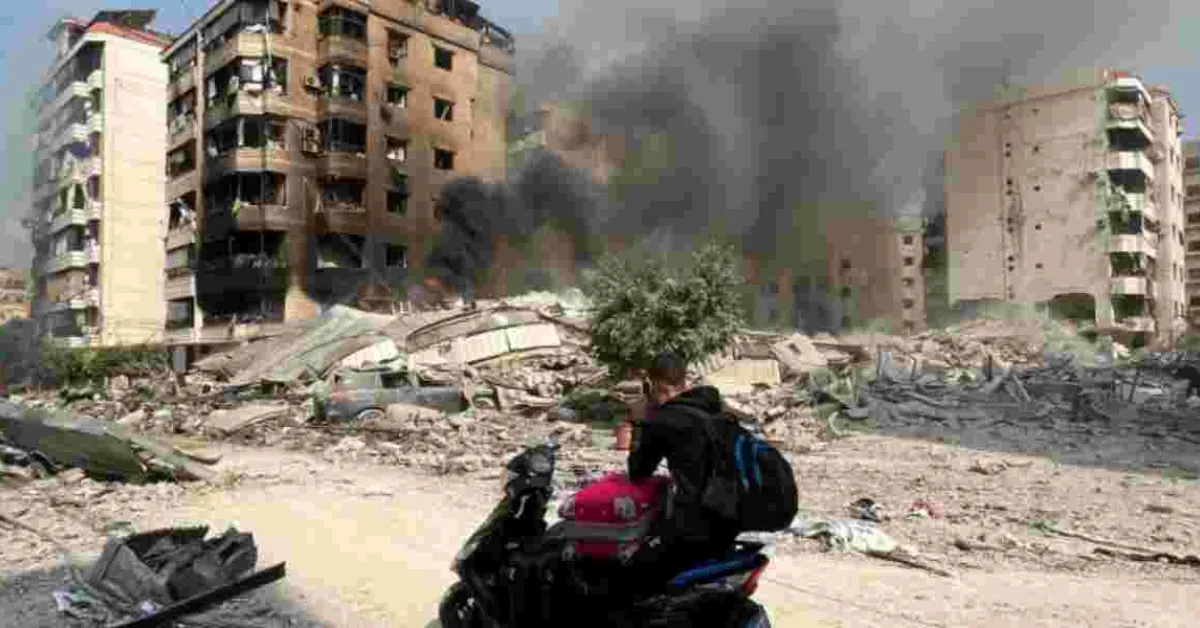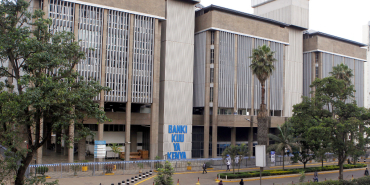Kenyans in Lebanon Seek Urgent Evacuation as Conflict Intensifies

The ongoing conflict in Lebanon has plunged many migrant workers, particularly those in the domestic and hospitality sectors, into a state of profound uncertainty.
Sharon Akinyi, a 31-year-old Kenyan caregiver who moved to Lebanon in 2023 with aspirations of a better life, now finds herself in what she describes as a nightmare. The constant bombardment has created an atmosphere of perpetual fear, with Akinyi recounting how a nearby explosion caused her entire building to shake. Despite these harrowing accounts, the Kenyan government has sought to reassure its citizens of their safety in Lebanon. Halima Mohamud, Kenya's non-resident ambassador to Lebanon based in Kuwait, states that the embassy has maintained contact with all stranded Kenyans and provided emergency hotline numbers.
However, the absence of formal diplomatic relations between Kenya and Lebanon complicates potential evacuation efforts. The situation for migrant workers in Lebanon was already precarious before the recent escalation of violence. Many workers from countries such as Ethiopia, Kenya, and the Philippines find themselves in particularly vulnerable positions. The ongoing airstrikes have resulted in hundreds of casualties and displaced tens of thousands of people in just a week. Among those attempting to flee the deadly attacks are migrant domestic workers, many of whom feel trapped and unable to reach safety.
The plight of these workers is further exacerbated by the kafala sponsorship system prevalent in Lebanon. This system, which ties workers' immigration status to their employers, has been criticized for facilitating exploitation and abuse. Many domestic workers are compelled to surrender their identity documents, severely limiting their ability to leave the country. Despite calls for significant reforms, this system continues to operate in several Arab states, affecting an estimated 250,000 people. The international community has taken notice of the deteriorating situation in Lebanon.
Several countries, including the United States, United Kingdom, Australia, France, and Canada, have advised their citizens to depart Lebanon as soon as possible. However, the practicalities of leaving the country have become increasingly challenging, with many international airlines cancelling their flights amidst the chaos. The Kenyan government has been working to assist its citizens in Lebanon, but the task is fraught with difficulties. In August 2024, panicked Kenyan and Ethiopian workers were prevented from leaving Lebanon due to the escalating conflict.














Comments
When you’re told don’t just…
Permalink
When you’re told don’t just go anywhere, please listen.
Add new comment